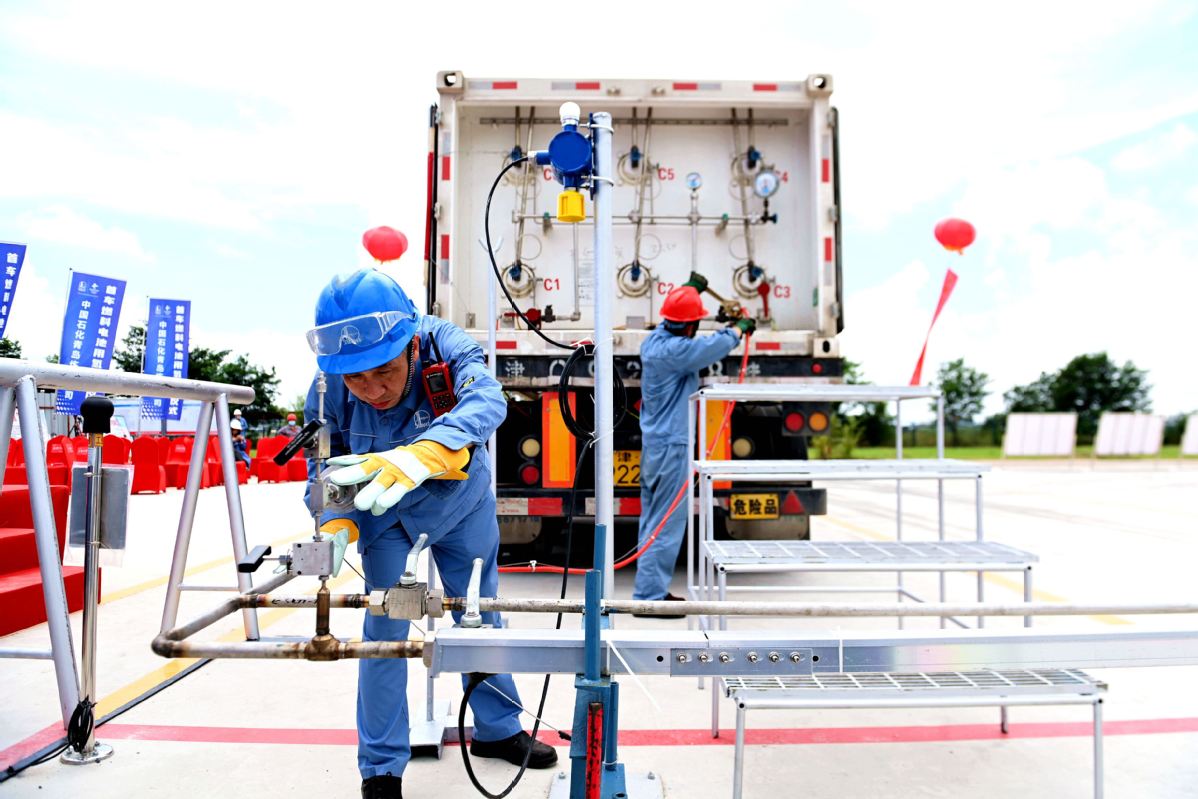SOE reform to focus on managing capital


According to the latest deployment of the State-owned Assets Supervision and Administration Commission of the State Council, it will continue to promote State-owned enterprise reform this year, focusing on proper incentive policies, business integration and mixed-ownership reform.
The goal of SOE reform is to establish a modern enterprise system and make SOEs more competitive market entities, rather than branches of the government.
Therefore, it is necessary to promote the construction of boards of directors, form differentiated salary compensation distribution methods and market-oriented incentive policies, implement mixed ownership reform, and realize the regulatory transformation from managing enterprises to managing capital.
Structural adjustment is an important goal of SOE reform. The authorities should continue to advance the business integration of different enterprises, eliminate the business areas that cannot make ends meet, and improve the core competitiveness of large enterprises.
However, some worry that the SOEs are "invading" too many markets and industries that should have been reserved for private enterprises. As a matter of fact, the central government is making efforts to promote the withdrawal of SOEs from competitive fields. Yet, to make breakthroughs in key technologies and industries as soon as possible, a new State-owned research and industrial system made up of institutes and SOEs has been put forward.
This is absolutely necessary, as some key scientific research fields are capital- and talent-intensive, and private enterprises do not have the ability to organize so many resources and meet the costs. Therefore, the government must concentrate manpower, materials and financial resources from all parts of the country through the State-owned research and development system so as to make fast progress.
But what also deserves attention is that while some local governments are cleaning up zombie enterprises, some local SOEs are recklessly expanding their businesses. For example, more SOEs are taking part in the market competition of the environmental protection industry, urban renewal, information services and other fields. In addition, some local SOEs have become investors in technology companies and participate in high-risk industrial competition activities.
The authorities should be alert to the expansion of these local SOEs, whose blind expansion might impact fair competition and economic efficiency in their respective fields. They must prevent the disorderly expansion of SOEs that are just repeating the mistakes of the last cycle.

































